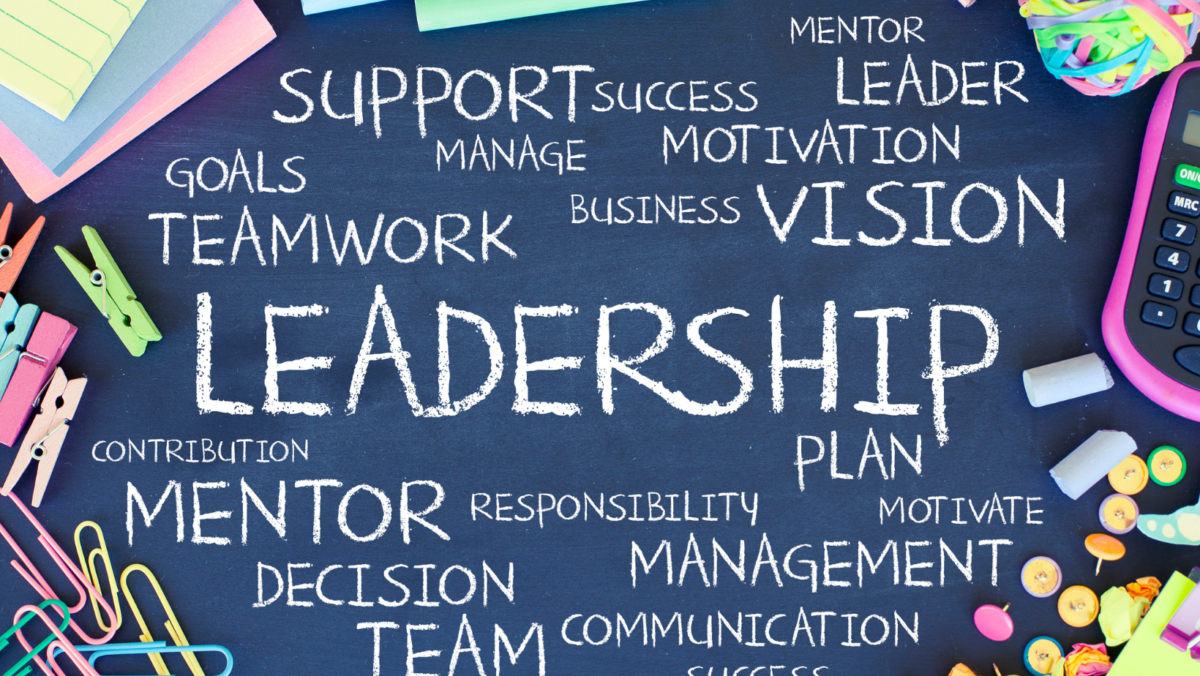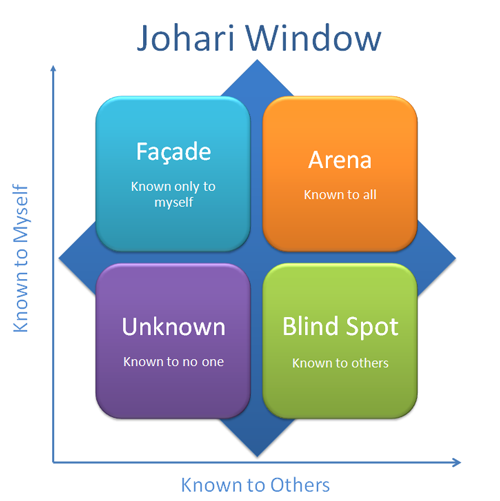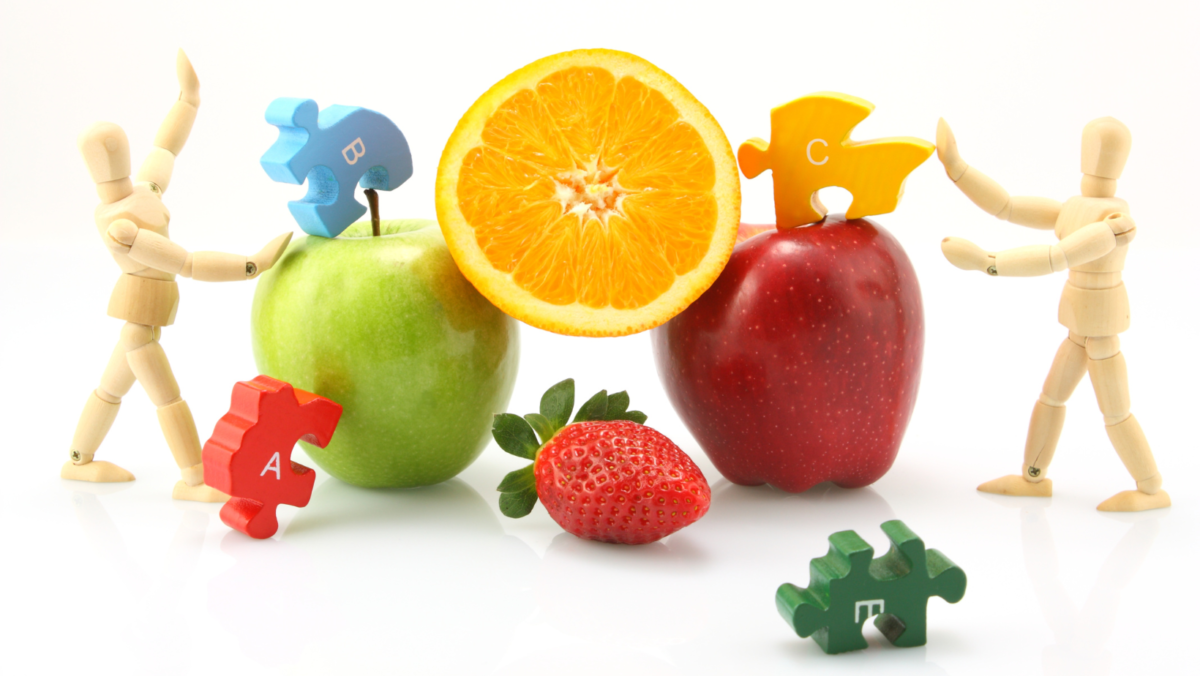Updated August 1st 2023
In our most recent blog we discussed ‘Inspiring Leadership’ and I shared some examples of where it is not happening. In my conversations with the individuals who were experiencing the complete opposite of ‘Inspiring Leadership’, we were trying to work out if the leaders in question were aware of their behaviour and impact. It is possible they are not. We ALL have blind spots!
You may also recall Johari’s Window, mentioned in our second last blog.
As you will know from that blog, (or maybe you knew already), the Open Arena/Area (Area know to self and others) is argued to be the most important quadrant. The argument is that the more people know about each other, the more productive, cooperative, and effective they are likely to be when working together. In Johari’s Window there is a quadrant known as Unknown (known to nobody, including myself!) and Blind Spot/Area (known to others, but unknown to me).
During a course I attended, I had a remarkable moment of newfound awareness. Throughout the program, I sought opportunities to connect with the other attendees, including one woman in particular. Unfortunately, despite my genuine attempts to engage with her during the exercises, I couldn’t shake off the feeling of being repeatedly snubbed.
As time went on, I reached a point where I decided to stop making any further efforts to connect with her. It seemed like she had little interest in engaging, and I found myself mostly ignoring her. It was an unusual approach for me, but the demanding challenges presented during the course required me to be selective when deciding where to invest my energy. I made a deliberate choice to prioritise my own learning through the set exercises.
On the final day of the course we were all saying good-bye to each other, and she walked straight up to me and apologised. I asked her why she was apologising and she said that on meeting me and hearing me speak during the introductions on the first day she had felt intimidated. For me to think someone might find me intimidating was shocking. I asked her what it was I did that intimidated her. She told me that it was some sense of confidence I had that she felt she did not have, and so she felt small in my presence.
Wow! There I was thinking I do a great job of making people feel comfortable! She told me that through the course she had finally realized that she could become as confident as I appeared and that there was no reason to feel intimidated! Phew!
It’s fascinating how we often notice qualities in others that we believe we lack ourselves, leading us to either gravitate towards them or keep our distance. It’s equally remarkable to reflect on my personal growth journey, recognising how I once struggled with self-confidence and how far I have come since then. I now find myself contemplating how many people I may have thought I took a dislike to when, in truth, I was potentially intimidated by certain aspects they possessed – qualities I actually aspired to have.
I share this because it is important on a number of fronts:
A) I was wholly unaware that the confidence I have spent years building could be intimidating to others. Even though I look to represent and be a beacon of what one can overcome if one so wishes (In my case low self-esteem, depression, dyslexia!), doesn’t mean that it makes other people comfortable!
B) Both she and I were stuck in the Unknown Area (represents things that are unknown by you, and are unknown by others). Because we disconnected from each other early on, there was a whole host of things that were unknown to each other; we were making assumptions and we were potentially losing out on other gains. I made assumptions that she was rude and ignorant, but actually she was intimidated and I later realised she is a very nice woman! I’ve asked it many times in previous blogs, but how much are our assumptions about other people’s behavior taking us in the wrong direction every day?
C) I made a decision, having been snubbed off, that I would focus my energy on the exercises rather than on building a particular relationship. How often do we all do this in life and in the workplace, focusing on the task rather than the people? As Adele Cooper, Head of Partnerships for the UK and Ireland at Pinterest says “Make getting to know people individually- their roles, responsibilities, what frustrates them-a priority over hitting immediate business goals or achieving personal success. Motivating every member of the team enables it to be more successful”.
Hmmm, still lots to think about with Johari’s Window, relationships and leadership (of ourselves and others!). Keep reflecting on the responsibility and actions you are taking on, while reading these blogs (or not) and we will continue…..if you have any comments of questions, don’t be shy! If you like what you read please give it a thumbs up.











